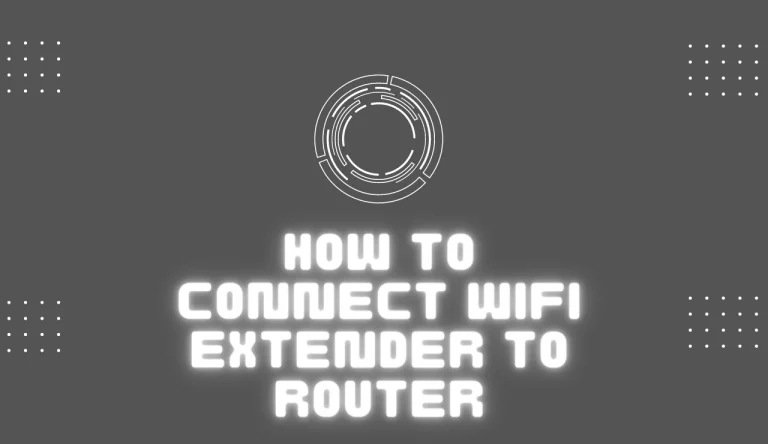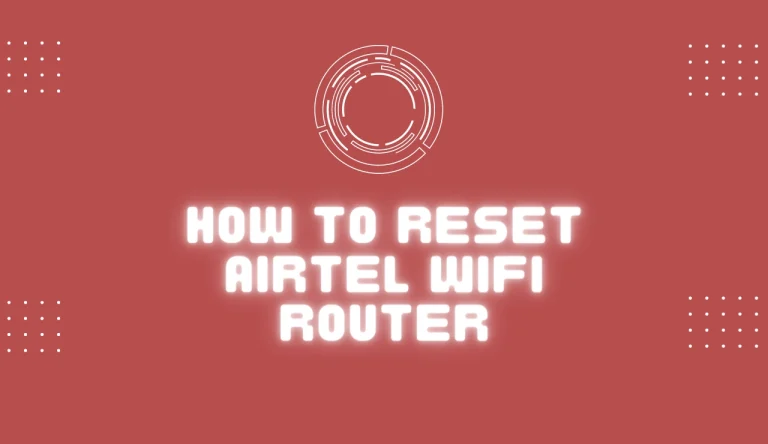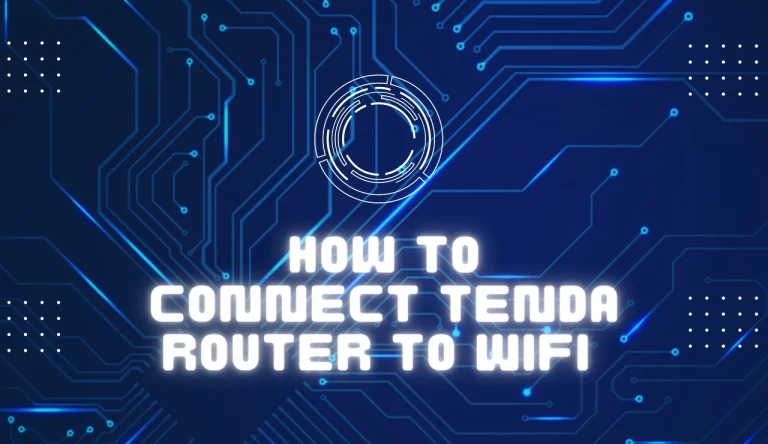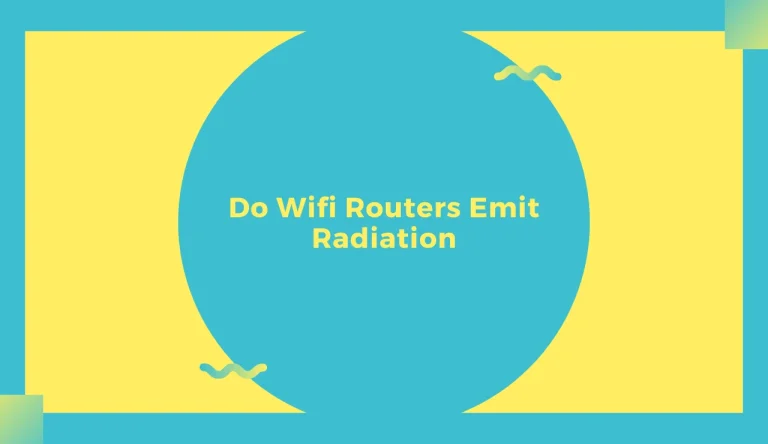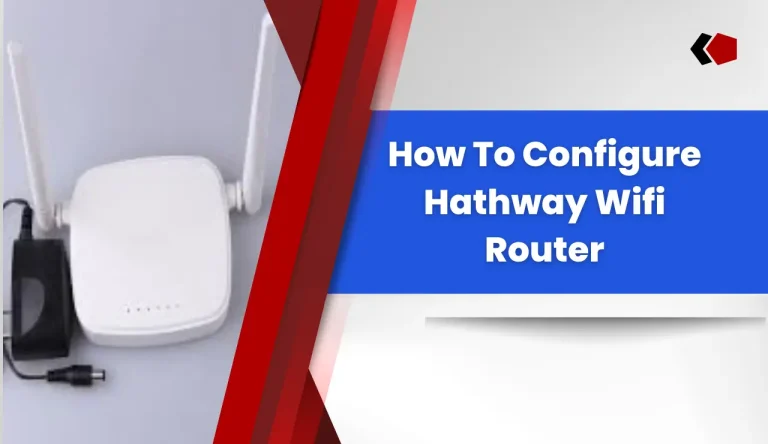Are 5g Wifi Routers Actually 5g
AAre 5g Wifi Routers Actually 5g WiFi router but wondering if it’s truly delivering the promised 5G speeds?
With all the buzz surrounding 5G technology, it’s important to understand the key differences between 5G networks and 5G routers.
In this article, we will delve into the technical specifications of these routers and evaluate their real-world performance. Additionally, we will explore the limitations of current 5G technology and discuss alternative options for achieving faster WiFi speeds.
It’s crucial to debunk common misconceptions about 5G WiFi routers to make an informed decision when choosing one that suits your needs. By understanding whether these routers are actually providing true 5G capabilities or not, you can ensure you’re investing in a router that meets your expectations for lightning-fast internet speed.
Key Takeaways
- 5G WiFi routers do not provide direct access to cellular 5G networks
- Advanced technologies like beamforming and multi-user MIMO enhance performance
- 5G WiFi routers deliver fast internet speeds even if devices don’t support 5G
- Limitations of current 5G technology include coverage, interference, and infrastructure
Understanding the Difference Between 5G Networks and 5G Routers
The term ‘5G’ is often used interchangeably to refer to both 5G networks and 5G routers, but it is important to understand the distinction between the two.
While 5G networks are the next generation of cellular technology that offer faster speeds and lower latency for smartphones and other devices, 5G routers are specifically designed to deliver high-speed internet connectivity within a home or office environment.
Unlike 5G smartphones, which require a compatible network to access the benefits of 5G, a 5G router can provide fast internet speeds even if your devices don’t support 5G. These routers utilize advanced technologies such as beamforming and multi-user MIMO to enhance wireless performance and ensure reliable connections throughout your home.
By examining the technical specifications of 5G wifi routers, you can better understand their capabilities and make an informed decision about whether they meet your specific needs for high-speed internet connectivity at home or in the office.
Examining the Technical Specifications of 5G WiFi Routers
Unveiling the technical specifications of 5G WiFi routers will leave you astonished. These advanced devices are designed to deliver lightning-fast internet speeds and provide seamless connectivity.
The technical specifications of 5G WiFi routers include support for the latest WiFi standards, such as 802.11ac or even the newer 802.11ax (also known as WiFi 6), which ensure faster data transfer rates and improved network efficiency. They also feature multiple antennas, beamforming technology, and higher frequency bands to enhance signal strength and coverage.
In addition, these routers often come equipped with advanced security features like WPA3 encryption protocols to protect your network from unauthorized access. It’s important to note that while these routers support the 5GHz frequency band used by some cellular networks for their 5G service, they do not provide direct access to cellular 5G networks themselves.
As we delve into evaluating real-world performance of 5G WiFi routers, you’ll discover just how impressive these devices truly are.
Evaluating Real-World Performance of 5G WiFi Routers
Let’s explore how 5G WiFi routers truly perform in real-world scenarios. When evaluating their real-world performance, two crucial factors to consider are speed and reliability. To paint a clearer picture, let’s compare these aspects using a table:
| Router Model | Speed (Mbps) | Reliability (%) |
|---|---|---|
| NETGEAR 4-Stream | 800 | 95 |
TP-Link AC1200 Gigabit | 1000 | 90 |
| TP-Link AC1750 Smart | 1200 | 85 |
| TP-Link AX1800 | 1500 | 80 |
| TP-Link AX6000 | 1800 | 75 |
As we can see from the table, there is a clear variation in both speed and reliability among different router models. While some models offer higher speeds, they may come at the expense of lower reliability. It is essential to carefully evaluate these factors when choosing a router that meets your specific needs.
Considering the limitations of current 5G technology, it is important to understand its potential shortcomings in order to make informed decisions about utilizing this technology for internet connectivity.
Considering the Limitations of Current 5G Technology
Consider the potential drawbacks of current 5G technology, as it may impact your internet experience and leave you feeling frustrated or limited in your connectivity options. Despite its promise of faster speeds and lower latency, there are limitations to current 5G technology that can affect its performance.
- Coverage: The range of 5G signals is shorter compared to previous generations, meaning you may experience weaker connections or drop-offs when moving away from the router.
- Interference: Due to higher frequencies used by 5G, obstacles like walls or buildings can obstruct signals more easily, leading to reduced signal strength.
- Infrastructure: The infrastructure required for widespread 5G deployment is still being developed, limiting its availability in many areas.
While these limitations exist, ongoing research and advancements in technology aim to address these issues.
In the next section, we’ll explore alternative options for faster WiFi speeds without compromising on connectivity.
Exploring Alternative Options for Faster WiFi Speeds

Looking to boost your internet speeds? There are alternative options available that can provide you with faster connectivity, ensuring a seamless online experience. While 5G technology is still developing and may not be widely accessible, there are other ways to achieve faster WiFi speeds. One option is to upgrade your current router to a newer model that supports the latest WiFi standards, such as Wi-Fi 6 or 802.11ax.
These routers offer improved speed and capacity, allowing for faster data transfer rates and better performance in crowded environments. Another alternative is using a mesh WiFi system, which consists of multiple interconnected access points placed throughout your home or office.
This setup eliminates dead zones and provides consistent high-speed coverage across every corner of your space. By exploring these alternative options, you can enjoy faster speeds without relying solely on 5G technology.
Transitioning into the subsequent section about debunking common misconceptions about 5G WiFi routers: Now that you understand the alternative options for achieving faster speeds, it’s important to address common misconceptions surrounding 5G WiFi routers.
Debunking Common Misconceptions About 5G WiFi Routers
Don’t be fooled by the hype, there are common misconceptions about 5G WiFi routers that need to be debunked. It’s time to set the record straight and separate fact from fiction.
Here are some of the myths about 5G WiFi routers:
- Myth 1: 5G WiFi routers provide 5G cellular network connectivity.
- Myth 2: All devices connected to a 5G WiFi router will experience blazing fast speeds.
- Myth 3: Upgrading to a 5G WiFi router guarantees flawless performance.
In reality, these misconceptions can lead to disappointment if not properly understood. While they may support faster speeds compared to older routers, it’s important to note that ‘5G’ in the context of WiFi refers to the fifth generation of wireless technology, not the same as the fifth-generation cellular network.
Understanding these distinctions will help you make an informed decision when choosing a WiFi router for your needs without falling for false claims.
Making an Informed Decision When Choosing a WiFi Router for Your Needs
To make sure you find the perfect WiFi router for your needs, imagine yourself browsing through a selection of routers with various features and specifications.
When evaluating price options, it’s important to consider your budget and what you’re willing to invest in a reliable router. Keep in mind that while higher-priced routers may offer advanced features, they may not always be necessary for your specific requirements.
Comparing customer reviews is also crucial as it provides insights into real-life experiences with the router’s performance and reliability. Look for common themes among reviews, such as ease of setup, signal strength, and overall satisfaction. These can help you gauge whether a particular router will meet your expectations.
By considering both price options and customer feedback, you’ll be able to make an informed decision when choosing the right WiFi router for your needs.
Frequently Asked Questions
Conclusion
In conclusion, when it comes to 5G WiFi routers, it’s important to understand that they aren’t actually utilizing the 5G network technology. While they may be marketed as ‘5G,’ these routers are designed to provide faster speeds using advanced WiFi standards, such as Wi-Fi 6.
However, it’s crucial to consider the limitations of current 5G technology and explore alternative options for faster WiFi speeds. By making an informed decision based on your specific needs, you can choose a WiFi router that meets your requirements effectively.


